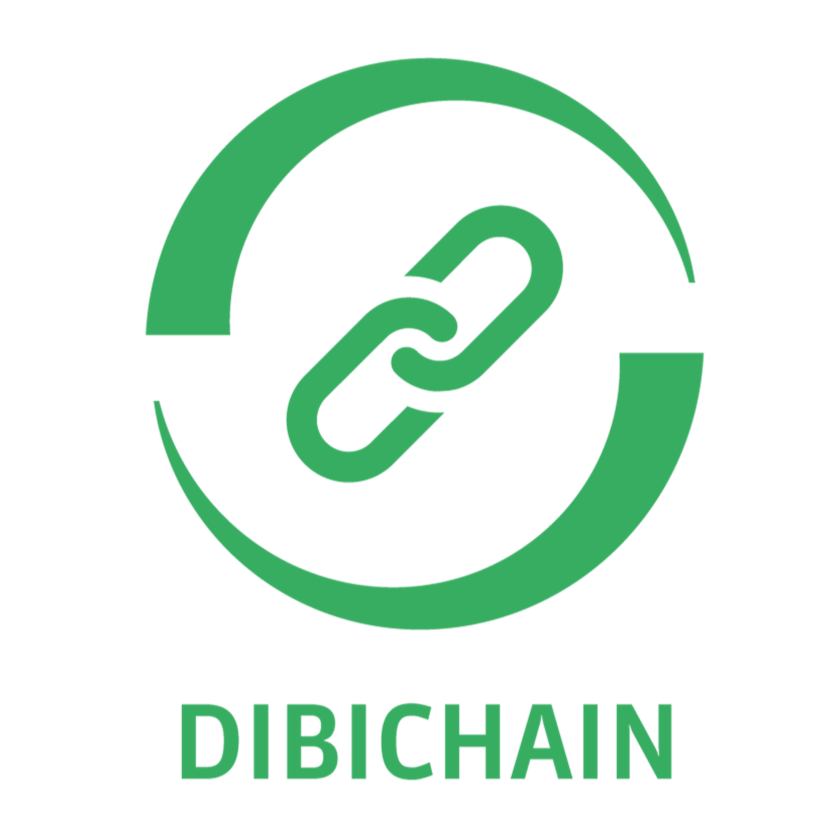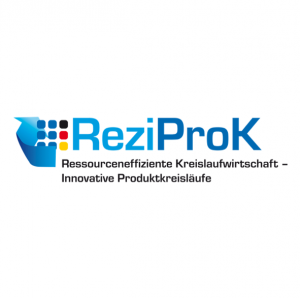DiBiChain
| Project | DIBICHAIN – Digitales Abbild von Kreislaufsystemen mittels einer Blockchain |
| Duration | Jul 2019 – Jun 2022 |
| Funding | Germany’s Federal Ministry of Education and Research (BMBF), funding measure ReziProK |
| Participating companies | Altran Germany (consortium leader), Blockchain Research Lab, iPoint-systems, Chainstep, Airbus |
| Contact person | Fred Steinmetz |

Project description:
Since July 2019, the Blockchain Research Lab collaborates with Airbus, Chainstep, and iPoint-systems, under the lead of Altran Germany, on a three-year research project called DiBiChain. The project is funded by Germany’s Federal Ministry of Education and Research (BMBF). Its research goal is to make product life cycles more transparent and sustainable through the use of blockchain technology.
Today’s product life cycles are complex and decentralized. It is often difficult to judge the sustainability of a product and its compliance with ecological and social standards. The DiBiChain project partners aim to develop a blockchain system that provides a digital replica of the product life cycle. This will make it possible to transparently trace a product “from cradle to grave” and distribute indirect costs equitably among stakeholders. One of the Blockchain Research Lab’s key contributions will be the design of the blockchain’s incentive structure, which will enable the comprehensive tracking of direct and indirect costs.
The research findings will be evaluated and implemented in a use case supplied by Airbus.


Publications:
BRL Working Paper No. 18
The DibiChain protocol: Privacy-preserving discovery and exchange of supply chain information
Elias Strehle, Martin Maurer